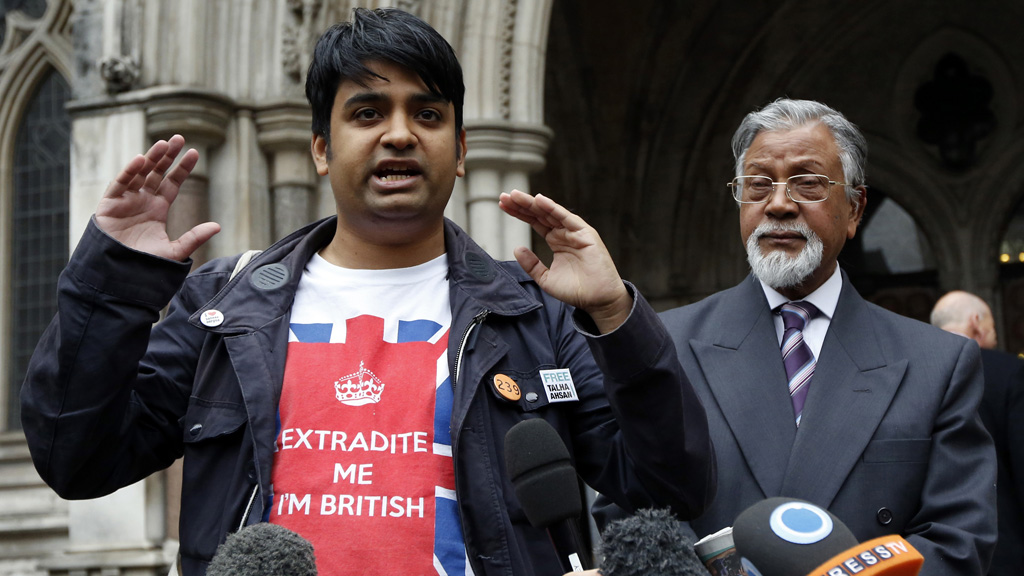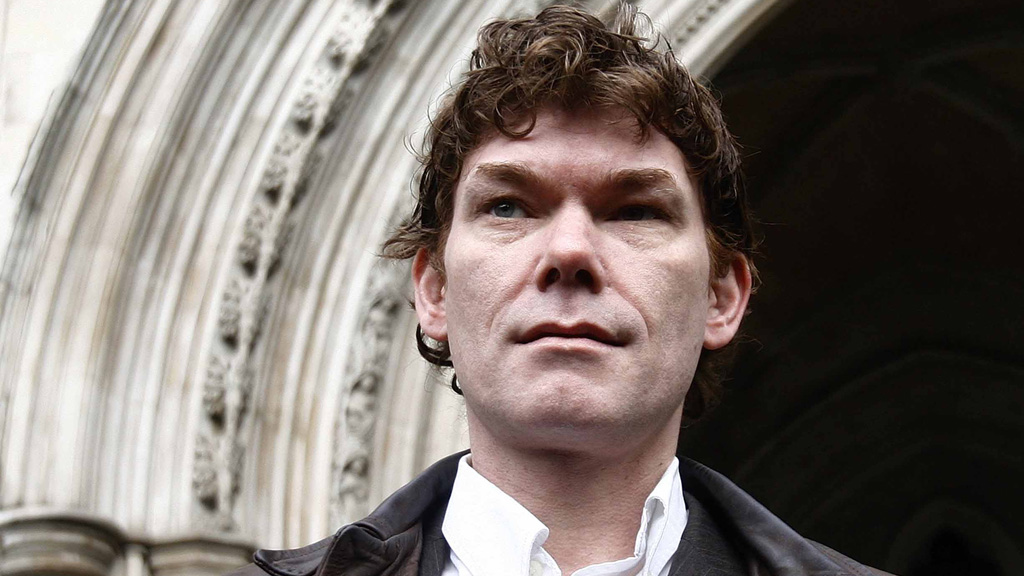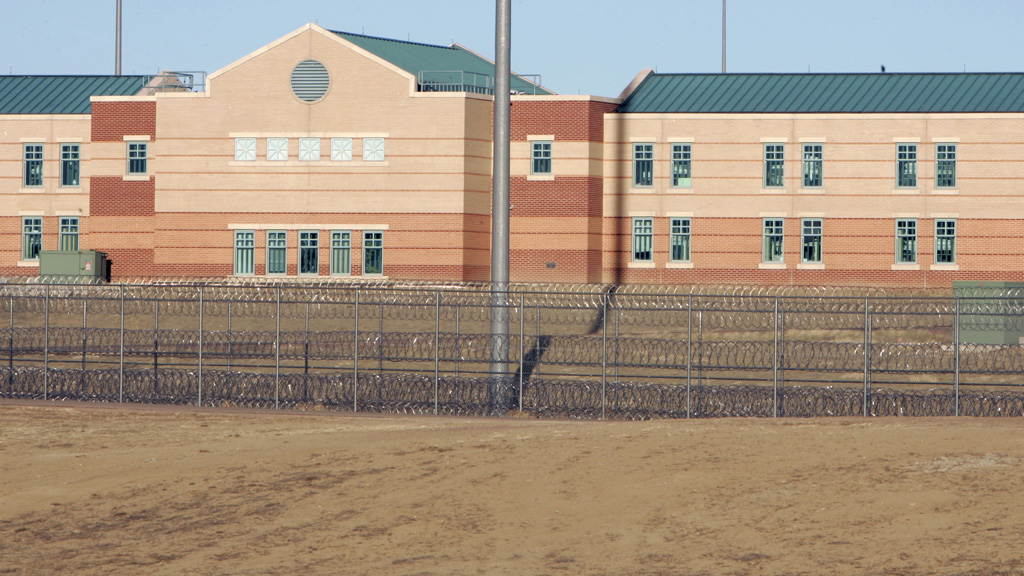McKinnon and Ahsan: a tale of two extraditions
As the home secretary is praised for blocking the extradition to the US of a man with Asperger’s syndrome, the government is accused of “old-fashioned racism” over a similar case.

The home secretary (pictured, left) was praised by David Cameron at the recent Conservative Party conference for successfully securing the extradition of radical Muslim cleric Abu Hamza, along with four others, to the USA.
One of those extradited was Syed Talha Ahsan, a 34-year-old British man. He is not an associate of Abu Hamza, nor charged with the same terrorism charges as Abu Hamza. Like Gary McKinnon, he suffers from Asperger’s syndrome.,
Mr Ahsan is accused, alongside Babar Ahmad, of helping to run jihadi websites, based in the UK and a mirror website in the US, that raised funds for the Taliban and other mujaheddin.
The pair’s requests for a judicial review against extradition were rejected on 5 October. They were immediately extradited and have since pleaded not guilty to various charges of terrorism in a US court.

The family of Mr Ahmad, who following an arrest in 2003 won £60,000 from the Metropolitan police after they admitted “a serious, gratuitous and prolongued attack” on him, today hit out at “double standards”. Members of Mr Ahsan’s family, including his brother Hamja (pictured, right), have also been campaigning for his freedom.
“Many of our supporters are angry at what appears to be blatant old-fashioned racism under which all British citizens are equal but some are more equal than others,” Mr Ahmad’s family said in a statement.
Refering to the decision over Mr McKinnon they said: “We would not want his family to experience the pain and suffering we have all been enduring since Babar was extradited.
“However, questions do need to be asked as to why within the space of two weeks, a British citizen with Asperger’s accused of computer related activity is not extradited, while two other British citizens, one with Asperger’s, engaged in computer related activity are extradited.”
The family went on: “That Theresa May felt compelled to postpone both the McKinnon decision on several occasions and the introduction of the forum bar (which would have prevented Babar’s extradition) demonstrates her willingness to make vulnerable individuals like Gary suffer in her determination to extradite others.”

Similarities
Ms May has blocked the extradition of Mr McKinnon (pictured, left) on the grounds that extradition “would give rise to such a high risk of him ending his life that a decision to extradite would be incompatible with Mr McKinnon’s human rights.”
Her decision came after Mr McKinnon’s case was refered back to the Home Office because of new evidence, since court hearings, about his worsening medical condition.
Mr McKinnon, who was accused of the “biggest hack in US military history,” suffers from Asperger’s, a high-functioning form of autism, and depressive illness. He did not deny hacking the US military systems, but said he was doing so to look for evidence of UFOs.
Mr Ahsan also suffers from Asperger’s, which he was diagnosed with in 2009, as well as depressive illness.
A European court of human rights hearing in March this year said that before Mr Ahsan was diagnosed with Asperger’s, “a psychiatrist had predicted a high risk of serious depression leading to suicide if the third applicant (Ahsan) were to be extradited and placed in solitary confinement for a long period.”
Mr Ahsan also submitted to the European court a statement from an American criminologist which detailed the “heightened difficulties experienced by those with Asperger’s syndrome in federal prisons and the absence of proper facilities within the Bureau of Prisons to treat the condition”.

This was because Mr Ahsan, along with his co-accused, was facing the likelihood that he would be sent to ADX Florence (pictured, right), the US “supermax” prison used for housing terrorist suspects and the most serious offenders such as gang leaders.
Conditions inside “supermax” prisons were detailed at the European hearing by Professor Laura Rovner, director of the Civil Rights Clinic at the University of Denver, who had acted for a number of prisoners at ADX Florence.
They included that contact with staff could be as little as one minute a day, that one prisoner had been denied outdoor exercise for feeding crumbs to birds, and that prisoners with severe mental illnesses were kept locked in solitary confinement.
The hearing also heard that there were only two doctors for 3,200 inmates at ADX Florence.
The 6-8 per cent of the US prison population residing in such conditions is responsible for around half of all US prison suicides, the court also heard.
However, the European court of human rights ruled that “those mental health conditions have not prevented their being detained in high-security prisons in the United Kingdom.”
Differences
Despite the fact that Ms May was praised for the extradition of Hamza and the other suspects, the Home Office said today that the decision did not reside with her.
The difference between the cases, a Home office spokeperson said, was that Mr McKinnon had been referred to the Home Office again because of new evidence but Mr Ahsan and Mr Ahmad had not been.
Mr McKinnon had exhausted all legal processes, including through the House of Lords and the European Court of Human Rights, that would have blocked his extradition.
When Theresa May took over the handling of his case, in May 2010, she adjourned a pending judicial review which would have been Mr McKinnon’s last line of defence.
And while the offences of Mr McKinnon and of Mr Ahsan have similarities in that they were both internet-based, Mr Ahsan’s crimes, according to the US extradition request, were in support of terrorism and could have led to deaths.
The charges against Mr Ahsan and Mr Ahmad relate to the Azzam website and were specifically that the website had “exhorted Muslims to travel to Chechnya and Afghanistan in order to defend those places”, and that “classified USA Navy plans relating to a US Navy battle group in the Straits of Hormuz in the Persian Gulf had been sent to the website”.
The Home Office spokesperson said: “Each case is decided entirely on its own merits. Syed Ahsan’s case was considered at length by the UK courts and the European court of human rights, which decided that extradition to the United States would not breach his human rights.”